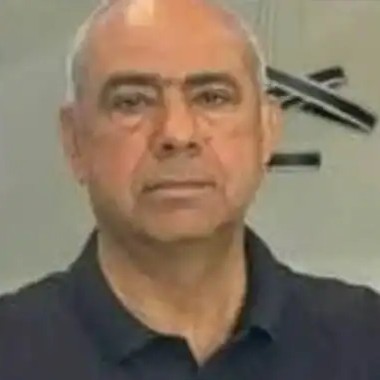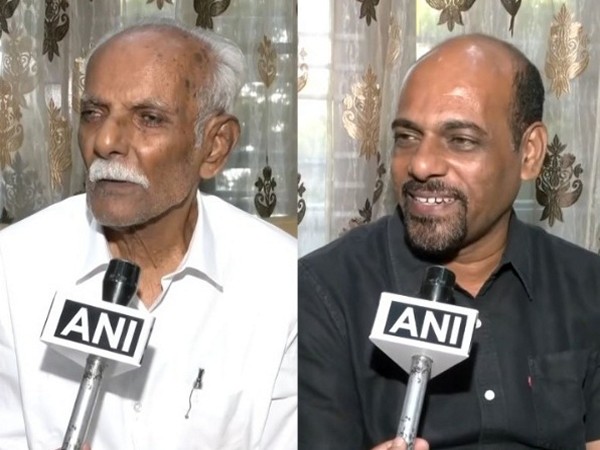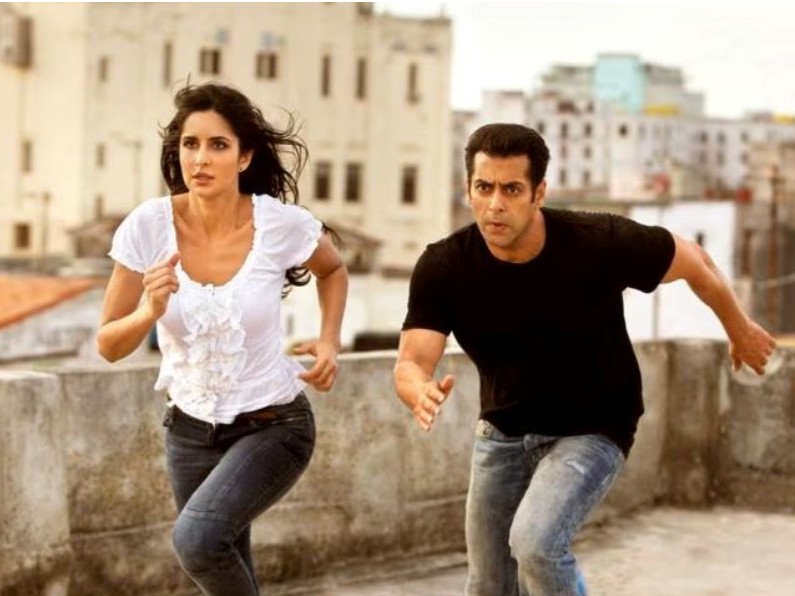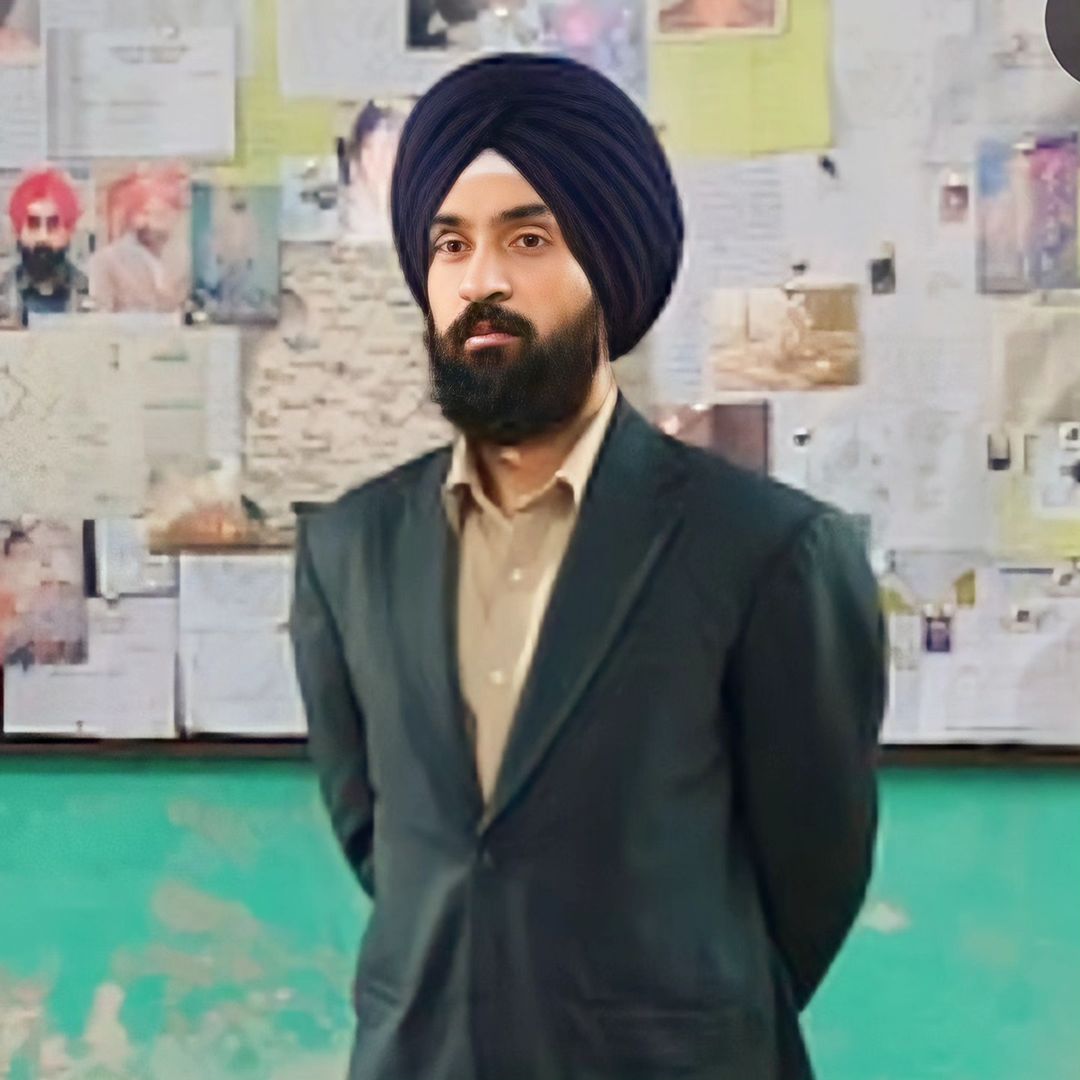By Renu Mehta
Toronto
In her breakout first fiction film, Sandhya Suri presents the story of Santosh (Shahana Goswami), a rookie woman cop’s life-changing initiation to the police force in rural India. Her husband, a policeman, has died while on duty and his job is given to his wife Santosh where she is confronted with rank corruption, incompetence, prejudice, male colleagues, and moral questions.
In her first investigation, Santosh confronts the stark reality of police procedures when she tries to solve the rape and murder of a teenage girl. The story narrates the inner awakening of a sheltered widow learning to navigate the light and of her own rising personal power. No one seems to care about the case, but Santosh follows it up.
As clues unravel, Santosh discovers her internal transformation and her idea of who she might become in her new reality.
Santosh works on the case of the missing girl under the knowing wing of her superior, Inspector Sharma, brought to life in a riveting, multi-dimensional performance by Sunita Rajwar. Sharma is everything Santosh never expected to be—fiercely independent, able to maneuver through a male-dominated universe, and confident in her personal code. Yet Sharma can be equally unsettling in her casual brutality, her gaming of the system, and her aggressive pursuit of Santosh’s affection.

Goswami and Rajwar along with Suri joined together for an intensive three-week period of shadowing real policewomen for the film.
“It was essential to me that Shahana and Sunita spend time with the police. So, we went through a process where we’d go out with police during the day, and in the evening, we’d sit around talking about the script in relation to everything we’d just seen and felt,” explains the director.
“It was a very immersive experience both watching the police in their daily work and chatting with women police to get more inner insight,” says Goswami who found that process indispensable. “For me, it really pointed out the difference between the pre-conceived ideas I had of what policewomen’s lives are like and the reality.”
When she becomes a policewoman, Santosh is perhaps for the first time in her life validated for her intelligence, observes Goswami.
“She discovers sides to herself that she’s never before encountered. Having power is completely new to her.”
According to director Suri, those first days of heading out on the beat are liberating, then upsetting.
“Coming from the documentary world, I suppose I’m always digging for the truth behind what really is going on, which is the basis of the police procedural,” says the writer and director. “But Indian cinema is also full of police dramas, so I knew I didn’t want Santosh to feel like those films in texture or tone. At first, I thought, what do I know about plotting a thriller? But what I always understood is that this story had to be told from the inside out. The most important thing to me was that the audience’s connection with Santosh be as direct as possible.”


























